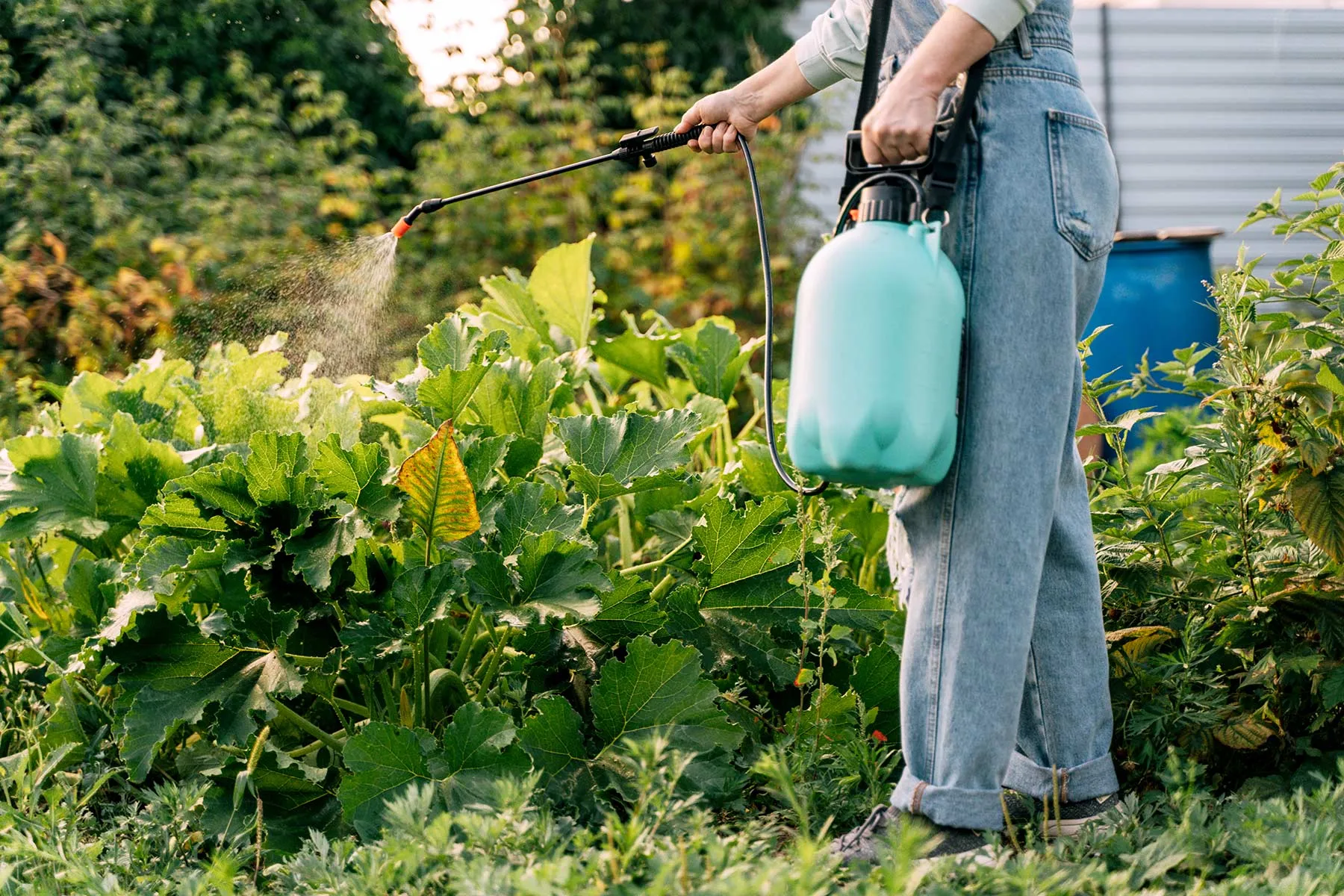A Hidden Hazard in Your Backyard?
You might think you’re playing it safe when your kids run through the park or when you sip water from the tap. But what if the very ground beneath your feet, or the food on your plate carried an invisible chemical linked to cancer?
That’s the chilling warning from a new peer-reviewed study that’s putting one of the world’s most widely used herbicides back in the hot seat. Glyphosate, the active ingredient in Roundup, may be far more dangerous than regulators have let on, even at doses deemed “safe.”
Weed Killer Turned Potential Cancer Risk
Glyphosate has been a household name since Monsanto introduced it in the 1970s. Now owned by Bayer and sold globally under the brand Roundup, it’s sprayed just about everywhere: farms, sidewalks, golf courses, even children’s playgrounds.
Its job? Kill weeds. But mounting evidence suggests it could be doing something much worse, causing cancer.

The latest bombshell comes from the Global Glyphosate Study, a large-scale animal trial led by Italy’s Ramazzini Institute. Their findings, published June 10 in Environmental Health, show glyphosate caused multiple cancers in rats, even at the lowest exposure levels tested.
“While glyphosate alone is capable of causing a number of tumors,” the researchers wrote, “co-formulants [in glyphosate-based herbicides] may enhance its carcinogenicity, especially when it comes to leukemia.”
Translation: It’s not just glyphosate itself; the other ingredients in commercial products like Roundup may be compounding the threat.
Tumors in Rats at Doses Governments Approve
The study exposed over 1,000 lab rats to glyphosate via drinking water starting before birth and continuing for two years. Researchers used three dosage levels:
-
0.5 mg/kg: the European Union’s accepted daily intake
-
5 mg/kg
-
50 mg/kg: the so-called “no observed adverse effect level” (NOAEL)
Shockingly, even the lowest dose, the one considered safe by regulators was linked to significant increases in benign and malignant tumors. Even more disturbing was a spike in leukemia deaths early in life.
Mounting Scientific Alarm
This study is just the latest in a series of warnings from the scientific community. Glyphosate’s safety record has been under scrutiny for nearly a decade.
Back in 2015, the World Health Organization’s International Agency for Research on Cancer classified glyphosate as a probable human carcinogen. Since then:
-
A 2022 study revealed the herbicide may cause neurotoxicity at below-regulatory levels.
-
In 2023, research linked early-life exposure to liver inflammation and metabolic disorders.
-
A long-term review of 15 years’ worth of data connected glyphosate to hormone disruption, gut microbiome damage, reproductive harm, and yes cancer.
Bayer’s Response: Denial and Legal Firestorms
Meanwhile, Bayer the corporate giant that acquired Monsanto in 2018 is knee-deep in legal trouble. The company is currently battling tens of thousands of lawsuits from U.S. residents who claim Roundup caused their non-Hodgkin lymphoma.
The financial stakes are staggering. Multiple jury verdicts have awarded billions in damages to victims. The threat of potential bankruptcy looms.
Yet Bayer isn’t backing down. In a statement slamming the new study, the company accused the Ramazzini Institute of having a “long history of making misleading claims,” citing previous disagreements with both the EPA and European regulators.
Still, the science keeps piling up and the public is left to weigh the risks.
Are You Unknowingly Exposed?
Think glyphosate exposure only happens if you’re spraying it on your lawn? Think again.
Studies have found residues in:
-
Tap and rainwater
-
Dust and soil
-
Cereal and processed food
-
Breastmilk
-
Even urine samples from children in nationwide surveys
Its water-soluble nature allows it to spread easily through the environment. Worse, it can accumulate in your body, affecting gut health, disrupting immunity, and potentially creating the kind of inflammation that lays the groundwork for serious disease.
What You Can Do Right Now
While regulators continue to debate, families are left to protect themselves. Experts recommend the following steps:
-
Avoid using glyphosate-based herbicides at home
-
Buy organic when possible, especially grains and processed cereals
-
Filter your drinking water
-
Wash fruits and vegetables thoroughly
-
Support policies that demand more stringent testing and labeling
As the battle between public health and corporate power escalates, one thing is clear: staying informed may be the first and most important line of defense.




